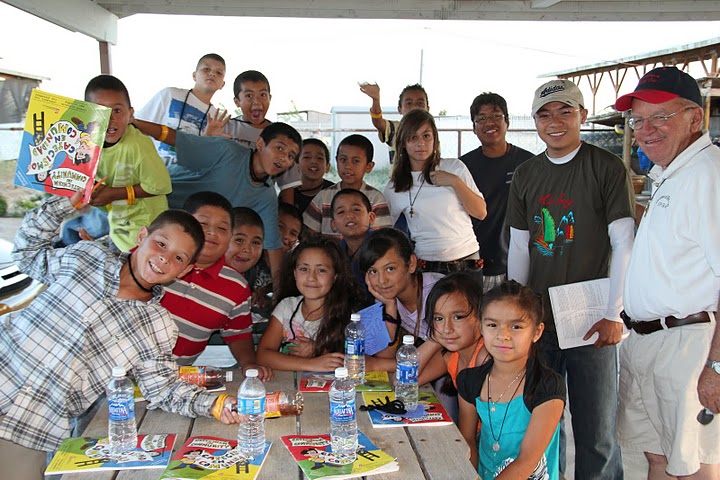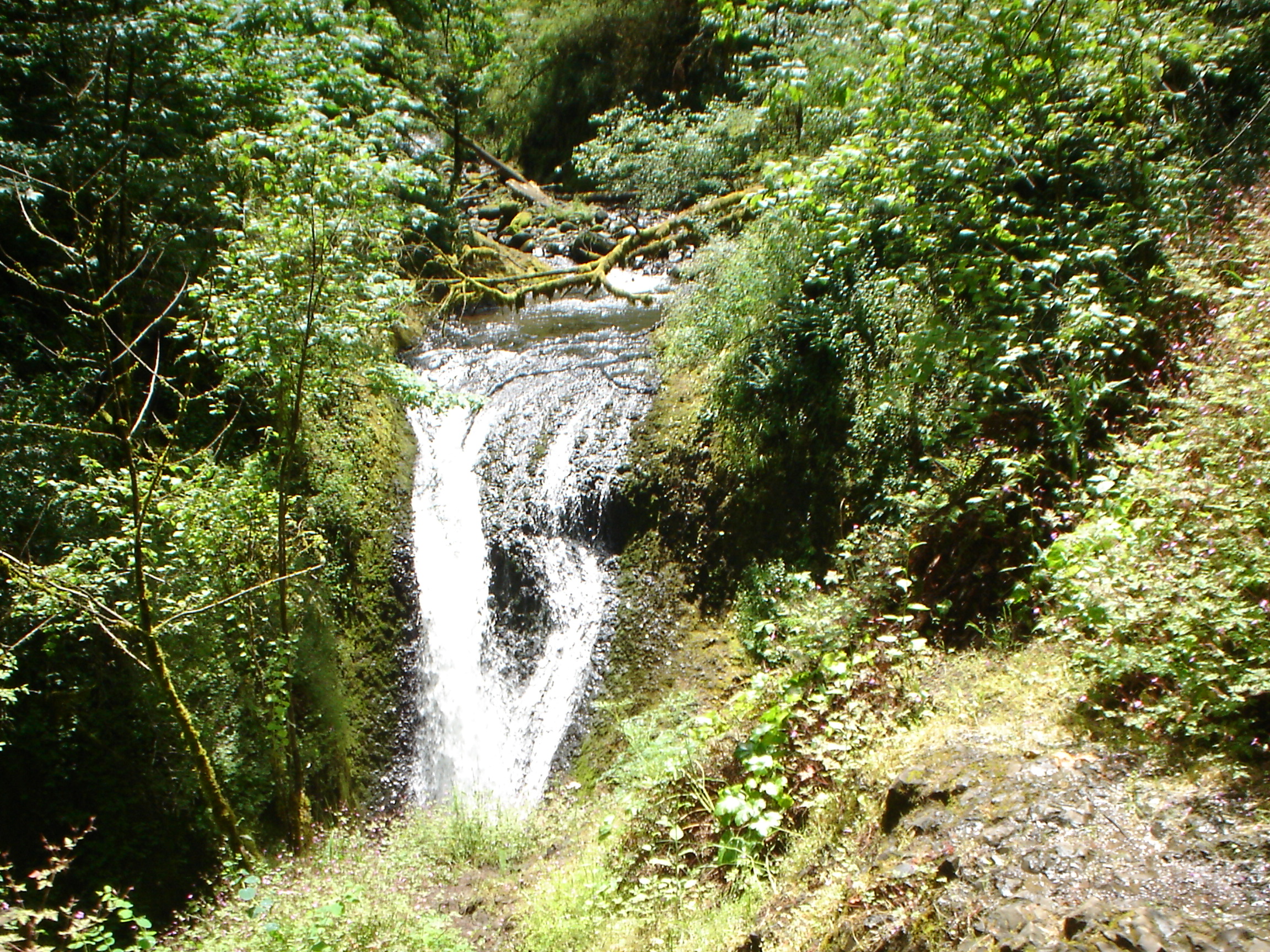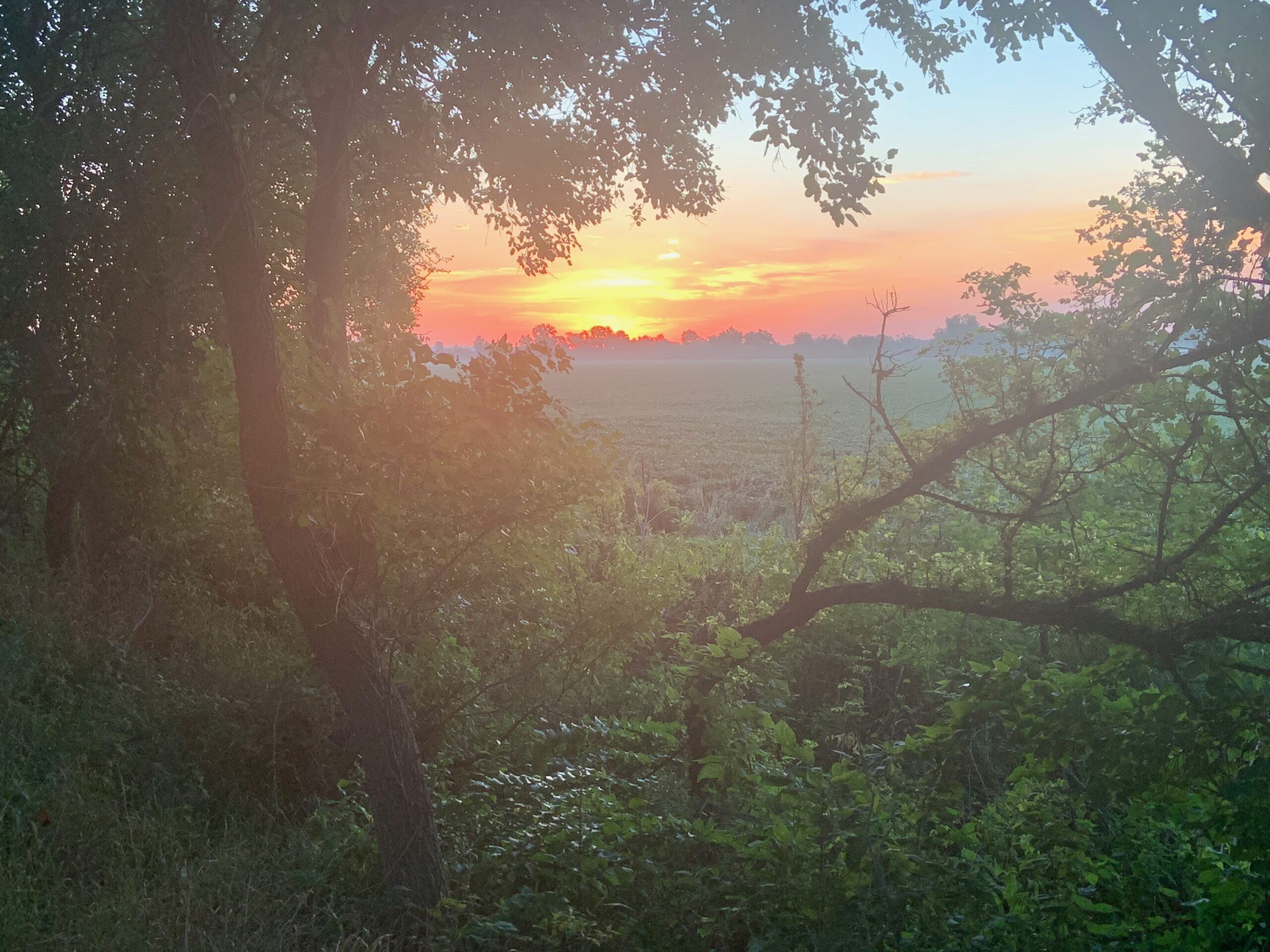CSSR Giving Tuesday Announcement #3
ESTA TEMPORADA DE ACCIÓN DE GRACIAS LE AGRADECEMOS Y PEDIMOS SU APOYO
“Porque tuve hambre y me diste de comer …”
Hoy, antes de #GivingTuesday, agradecemos a nuestros donantes fieles que apoyan las misiones redentoristas a los pobres y más abandonados. Sin sus contribuciones, no podríamos entregar comidas a tantos necesitados, visitar a los enfermos y moribundos, compartir un mensaje de esperanza con tantos jóvenes en el interior de las ciudades, consolar a muchos que están en duelo y celebrar la Misa en regiones remotas de África. y América del Sur.
El 1 de diciembre es #GivingTuesday. Por favor, apoye nuestros ministerios basados en la fe ese día.
http://bit.ly/GivingTuesdayRedemptorists
¡GRACIAS!
THIS THANKSGIVING SEASON WE THANK YOU & ASK FOR YOUR SUPPORT
“For I was hungry and you gave me food…”
Today in the leadup to #GivingTuesday, we thank our many faithful donors who support the Redemptorist missions to the poor and most abandoned. Without your contributions, we couldn’t deliver meals to so many in need, visit the sick and dying, share a message of hope with so many young people in the inner cities, comfort many who grieve, and celebrate Mass in remote regions of Africa and South America.
December 1 is #GivingTuesday. Please support our faith-based ministries on that day.
http://bit.ly/GivingTuesdayRedemptorists
THANK YOU!
Padre Migrante
Cuando empecé mi camino con la comunidad hispana, tenía que aprender la importancia de la Virgen María en la fe popular. Mi blog hoy es parte de una reflexión en la historia de Nuestra Señora de Guadalupe. Ahora estoy ofreciendo un retiro virtual para preparar por el Adviento. Esta refleja parte de la presentación de la segunda noche del retiro. Invito a todos al retiro virtual en YouTube. Está en este sitio:
El primer archivo de la historia de Juan Diego es el poema en Náhuatl, el “Nican Mopohua”. El poema dice que estaba escrito unos once años después del evento. La forma del poema invita lo que escucha, entrar la experiencia, el ambiente, el olor, los colores, la experiencia del poeta. Caminamos con Juan Diego a México sobre los cerros de Tepeyac. Cuando Juan Diego escucha a los pájaros, oímos la música. Cuando el pide si está en la tierra celestial de que hablaron sus antepasados, pensamos en la fe de nuestros antepasados. Entramos el mundo de fe y esperanza. Sentimos la “alegría” de Juan Diego, la “alegría” del Nican Mopohua, la “alegría” del evangelio.
Juan Diego era un recién convertido a la fe católica. Cambió su nombre a los dos discípulos de Cristo, Juan y Santiago. Era Cuahtlatoac, en Náhuatl, “el águila que habla”. Podemos considerar el hombre que ganaba este nombre, “el águila que habla”. Un hombre sabio, espiritual, que vea al mundo de los altos. Fue un nombre de respeto. Pero en Juan Diego encontramos a un guerrero Azteca humillado por la conquista. Su pueblo ha perdido su poder, su independencia y su dignidad cuando vino los europeos. Pensaba que su religión faltó algo. Los dioses de los Aztecas no los protegieron de la fuerza de los conquistadores. El Dios de los conquistadores tenía más fuerza que los dioses de los Aztecas. Juan Diego quería aprender más de este Dios.
Dice el Nican Mopohua, que Juan Diego estaba en camino a México, “venía en pos de Dios y de sus mandatos.” Juan Diego era indígena. No un joven. Un hombre espiritual. Recién bautizado. Cambió su nombre. Tenía curiosidad para aprender más de la fe. Regularmente caminaba nueve millas, ida y vuelta para oír las pláticas de los frailes.
Juan Diego está caminando en los cerros de Tepeyac, cuando escucha una voz diciendo, “Juantzín, Juan Diegotzín.” La Virgen habla en Náhuatl. “Tzin” al fin de su nombre era mucho más que la traducción normal, “Juanito, Juan Dieguito.” “Tzin” es como “mi noble Juan, mi amado Juan, mi escogido Juan Diego.” Con tanto respeto Juan Diego respondió con ganas de hacer su voluntad, llevando su mensaje al obispo.
El Nican Mopohua era más que una historia bonita. Era poema de evangelización que cambió la historia de México. Se convirtió México en el país más católico del mundo. Por eso cantamos, “Desde entonces para el mexicano, ser Guadalupano es algo esencial.”
(Si desea identificar el apoyo para el Ministerio Migrante, utilice la pestaña “Donate” en esta página. Otros ministerios redentoristas están en el enlace “Redentoristas del martes de donaciones” al sitio arriba.)
Padre Migrante
When I started my journey with the Hispanic community, I had to learn the importance of the Virgin Mary in popular Hispanic devotion. My reflection today comes from a retreat given several years ago. It is part of a reflection on the history of Our Lady of Guadalupe. Now I am offering a virtual retreat for Advent. This is part of the second night presentation. The retreat is in Spanish, and I will give an English Advent retreat Dec. 7-9. The site for the Spanish retreat is:





